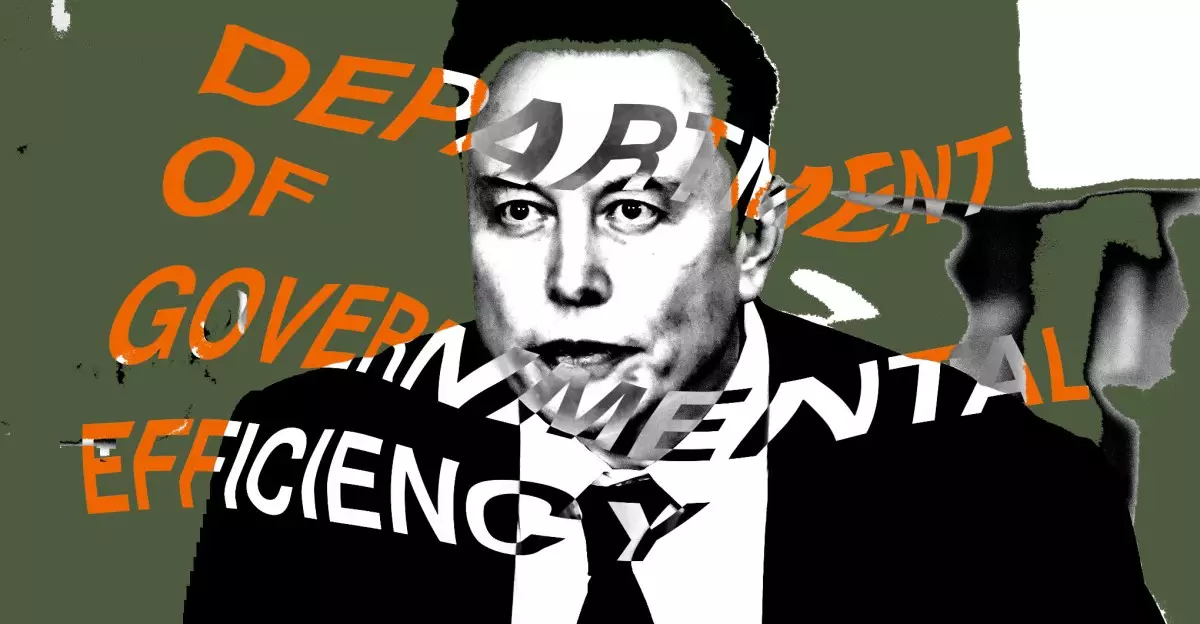In a surprising turn of events, Elon Musk’s influence has reached the federal government, sending ripples of concern throughout its ranks. An email dispatched on a recent Saturday mandated federal employees to delineate their achievements within a tight timeframe. This unprecedented move has caused alarm among federal employees, who are now grappling with the implications of such a directive. The communication from the Office of Personnel Management (OPM) aimed at various agencies, including highly sensitive entities like the FBI and the State Department, called for responses by 11:59 PM ET on the following Monday. While the email was framed as a means to gauge productivity, it raised significant legal and ethical questions.
Musk’s tweet hinting at the email included a controversial assertion: failure to respond would be interpreted as a resignation. This statement sent immediate shockwaves through the legal community, with experts quickly debunking its legitimacy. Prominent legal voices, including Sam Bagenstos, a University of Michigan law professor, underscored that no legal framework within the civil service system supports such an ultimatum. Concerns multiplied as stakeholders in governance pointed out the potential legal ramifications for the federal workers who might feel coerced into divulging personal data without clear justification.
The fallout from Musk’s directive attracted sharp criticism from political leaders. House Minority Leader Hakeem Jeffries condemned Musk’s actions, labeling them as distressing for federal employees and their families. The legal authority of Musk to mandate such reporting has been questioned, accentuating a growing concern about the influence of private sector figures over public servants. Jeffries’ comments reflect a broader apprehension about maintaining the dignity and autonomy of government employees, who are expected to work within the established rules of their civil service roles.
Musk’s approach is reminiscent of his tenure at Twitter, where he employed methods perceived as unconventional, often prioritizing aggressive productivity measures. His management style has drawn criticism for treating employees as expendable resources, threatening layoffs if targets are not met. This latest incident can be seen as an extension of that philosophy, one that seeks to reshape workplace dynamics in both the private and public sectors by imposing a culture of accountability primarily through fear.
The consequences of this email directive extend beyond simple compliance and raise pivotal questions about the nature of accountability in government roles. As federal employees navigate the treacherous waters of these demands, the integrity of the civil service system hangs in the balance. Musk’s provocative methods could, unfortunately, inspire further encroachment into areas where private sector tactics are wholly inappropriate. If unaddressed, this incident may set a troubling precedent for how agencies operate and how federal workers are treated, warranting urgent dialogue among policymakers, legal experts, and the public to ensure that government operations remain grounded in democratic values rather than corporate overreach.

